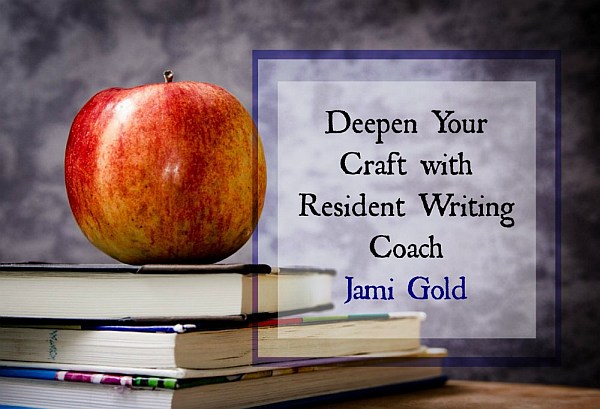Is Your Writing Episodic—or Epic?

It’s time for another one of my guest posts over at Angela Ackerman and Becca Puglisi’s Writers Helping Writers site. As one of their Resident Writing Coaches, I’ve previously shared:
- encouragement for approaching an overwhelming revision
- how to increase the stakes (the consequences for failure) in our story
- 7 ways to indicate time passage in our stories (and 2 issues to watch out for)
- how to translate story beats to any genre
With this turn for another coaching article at WHW, I’m exploring a topic that many new writers struggle with: How do we write scenes that flow and create a story that feels bigger than its parts?
Or put another way: How do we avoid “episodic” writing?
With episodic writing, our scenes might be stuck together and even connect a bit, but they never build into a sense of something bigger. Our story will never feel as coherent or like it’s leading to a point.
In short, a story that suffers from episodic writing is easy to close, put down, and be forgotten. Not good.
Why Does Episodic Writing Cause Problems?
If we think back to the less-modern style of TV series, rather than a continuing story line as we often see now, what happened in one episode didn’t affect later episodes. The writing focused on one standalone episode at a time.
Beyond the obvious issues for longer storytelling, the central problem inherent with episodic writing is: Events don’t matter in the big picture (if there even is a big picture).
What do we say about a story where nothing matters? We say it lacks stakes.
Stakes are what makes readers care whether the characters win or lose, whether they reach their goals, etc. Without stakes, it won’t matter if the protagonist is caught while trying to track the bad guy. The story will turn out however the author wants without any cause-and-effect flow.
Without stakes, readers will have nothing to root for or against. There won’t be anything standing in the way of the ending the author wants—not even logic.
Bonus: Another Hiding Place of Episodic Writing
In my guest post at WHW, I cover how to find and fix episodic writing in our stories, but I want to share a bit of bonus information for my readers here. *smile*
There’s another place where the episodic style of writing tends to lurk: our synopsis.
Many, many synopses are written in an episodic, “this happened and then this happened, and then this happened” style, and it prevents them from feeling like a mini-story. As I’ve mentioned before, every action in a synopsis should have a motivation (cause) and a reaction (effect):
- Check that every action the protagonist(s) takes has a motivation (“Mad at Jane, Susie does…”).
- Check that every event has a reaction from the protagonist(s) (“Now hopeful, Susie does…”).
So even when writing a synopsis, we still want to make sure our writing flows and feels like a complete story. If the writing in our synopsis feels episodic, it’s easy for others to assume the writing in our story will feel the same way, and that means our synopsis isn’t doing its job of helping “sell” our story.
Writers Helping Writers: Resident Writing Coach Program
Episodic vs. Epic: Go Bigger with Your Writing
Come join me at WHW above, where I’m sharing:
- the 3 main problems caused by episodic writing
- when episodic writing might work
- how we can identify episodic writing
- our 3 options to fix episodic writing
- how we can build on our fixes to push our writing to “epic” level *smile*
Have you ever been told that your story or scenes feel episodic? Or do you worry that your story doesn’t flow or feel bigger than the sum of its parts? Have you read other stories with those problems before? Do you have any questions about episodic writing? (My WHW posts are limited in word count, but I’m happy to go deeper here if anyone wants more info. *smile*)
Pin It
I always have an eye on the main storyline, but sometimes you need to write part of the story as itself, with its own outcome, which is then worked into the whole.
An interesting comparison would be a crime story in which all the tracks and clues need to be followed up, even those the author knows are going to be dead ends – the main character doesn’t know at the time, or he/she would not be following them.
[…] first discussed how how to avoid the types of transitions that make our writing feel more episodic. Then we dug into another type of transition found in stories with multiple points of view or […]
[…] What makes writing good? Christopher Lentz asserts that great writing is like a great strip tease, and Anne R. Allen delves into “secret writing rules” and why to ignore them, while Jami Gold asks: is your writing episodic — or epic? […]
[…] how intentional word choice can create deep echoes, foreshadowing, etc. […]
[…] transitions to jump over unimportant action, skip boring information, or carry from different POVs or plot […]